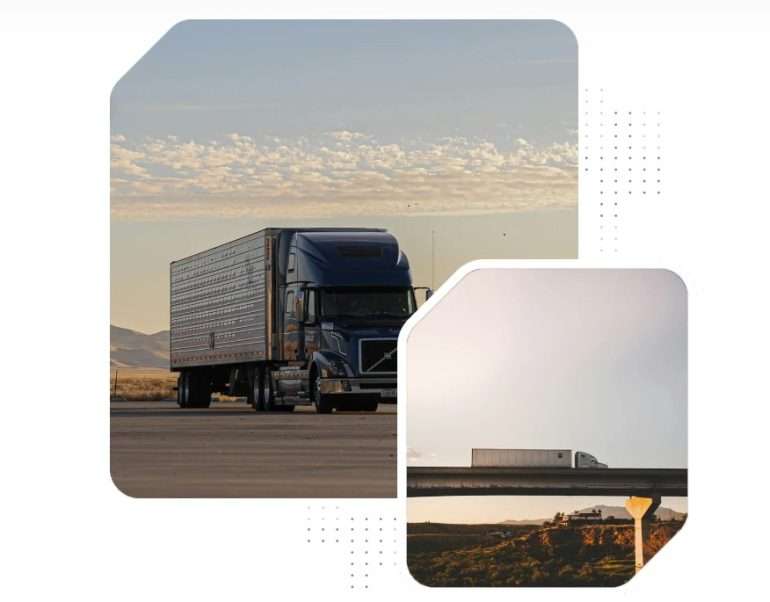How much for new wheels and tires truck
The cost of new wheels and tires for your truck varies significantly. Several factors influence the final price, including the size and type of tires, wheel material (steel, alloy, etc.), brand reputation, and any additional features like sensors or special tread patterns. Getting multiple quotes from different suppliers is advisable to compare prices and find the best deal for your budget. Remember to factor in installation costs as well!
Factors Affecting the Price
Several key factors significantly influence the overall cost of new wheels and tires for your truck. Understanding these will help you budget effectively and make informed decisions. First, tire size plays a crucial role. Larger tires, often preferred for their aesthetic appeal or off-road capabilities, generally cost more than smaller ones. The tire type is another significant factor; all-terrain, mud-terrain, and high-performance tires command higher prices due to their specialized construction and materials. Consider the tire brand; well-known brands with established reputations for quality and performance tend to be more expensive than lesser-known brands. Don’t overlook the wheel type; alloy wheels are typically more costly than steel wheels because of their lighter weight, enhanced durability, and improved aesthetic appeal. The features included also impact the price. Features like tire pressure monitoring sensors (TPMS) add to the overall cost. Finally, the retailer you choose can influence the final price. Dealerships often have higher prices compared to independent tire shops, but they may offer warranties or financing options. Remember to factor in potential additional costs, such as balancing, mounting, and disposal fees for your old tires. Carefully weighing these factors will help you determine a realistic budget before making your purchase.
Choosing the Right Tires for Your Needs
Selecting the appropriate tires for your truck involves careful consideration of your driving habits and intended use. Your driving style significantly impacts tire choice. If you primarily drive on paved roads, all-season tires offer a balance of performance in various weather conditions. However, if you frequently encounter off-road conditions, all-terrain or mud-terrain tires are necessary for optimal traction and durability. Consider your truck’s intended use. For heavy-duty towing or hauling, tires with a higher load capacity are essential to prevent premature wear and ensure safe operation. Think about your climate. In areas with significant snowfall, winter tires provide superior grip and safety on icy or snowy roads. Don’t underestimate the importance of tire size. Incorrect tire sizes can affect your truck’s handling, speedometer accuracy, and potentially void your warranty. Always consult your vehicle’s owner’s manual for recommended tire sizes and load ratings. Finally, examine the tire’s tread pattern. Different patterns offer varying levels of traction, handling, and noise reduction. A deeper tread depth generally indicates better performance in wet or snowy conditions. By carefully evaluating these factors, you can choose tires that maximize safety, performance, and longevity, tailored to your specific needs and driving environment. Remember, investing in the right tires is crucial for both safety and cost-effectiveness in the long run.
Where to Buy⁚ Dealers vs. Independent Shops
The decision of where to purchase your truck’s new wheels and tires—a dealership or an independent shop—significantly impacts price and service. Dealership options often offer convenience, warranty integration, and potentially financing options. However, their prices might be higher due to overhead costs and brand premiums. Dealerships typically stock tires from the manufacturer’s recommended brands, limiting your choices. Independent tire shops, conversely, usually offer a wider selection of brands and tire types at potentially more competitive prices. They often have expertise in various tire brands and models, allowing for informed recommendations based on your specific needs and budget. Independent shops may also offer more flexible installation scheduling and potentially better customer service due to a less bureaucratic structure. Before making a decision, consider comparing prices from both dealerships and several independent shops. Inquire about warranties, installation costs, and any additional services offered, such as tire rotation or balancing. Read online reviews to gauge customer satisfaction and assess the reputation of each potential provider. Don’t hesitate to ask detailed questions about tire specifications and installation processes. A thorough comparison will help you make an informed decision that best aligns with your budget and requirements, ensuring you receive the best value for your investment in new wheels and tires for your truck. Remember, the lowest price isn’t always the best option; consider the overall value proposition, including service quality and warranty coverage.
Understanding Installation Costs
Installation costs for new wheels and tires on your truck are a crucial factor in your overall budget. These costs aren’t always transparent and can vary significantly depending on the location, shop type (dealership vs. independent), and the complexity of the installation. Factors influencing installation prices include the type of wheels (steel, alloy, etc.), tire size, and whether you’re just replacing tires or also installing new wheels. Expect to pay for tire mounting and balancing, which are essential for proper tire performance and vehicle safety. Mounting involves securely attaching the tires to the wheels, while balancing ensures even weight distribution to prevent vibrations. Some shops may also charge for valve stem replacement, disposal fees for old tires, and potentially additional services like TPMS (Tire Pressure Monitoring System) sensor installation or reprogramming if your truck has this feature. Always clarify the specific charges before installation to avoid unexpected costs. Inquire about potential discounts or bundled services that might reduce the overall installation expense. Compare quotes from different service providers to identify the most competitive pricing. Remember that while the initial installation cost might seem low, neglecting essential services like balancing can lead to premature tire wear and potential safety hazards. Prioritize shops with a strong reputation for quality workmanship and transparent pricing to ensure a safe and cost-effective installation process for your truck’s new wheels and tires. Don’t hesitate to ask for a detailed breakdown of all installation charges before proceeding.
Budgeting and Financing Options
Replacing your truck’s wheels and tires can be a significant expense, so careful budgeting is essential. Before you start shopping, determine a realistic budget that considers not only the cost of the wheels and tires themselves but also installation, taxes, and any potential additional services like TPMS sensor replacement or alignment. Consider the lifespan of the tires and factor that into your cost-per-year calculation. Higher-quality tires may have a higher upfront cost but often offer extended tread life, potentially saving you money in the long run. Explore different payment options to make the purchase more manageable. Many tire retailers offer financing plans, allowing you to spread the cost over several months or even years. Carefully review the terms and conditions of any financing agreement, paying close attention to interest rates and any associated fees. Compare offers from different lenders to find the most favorable terms. If you’re using a credit card, be mindful of interest charges and ensure you can comfortably manage the repayments without incurring excessive debt. Consider setting aside a dedicated savings account to accumulate funds gradually if a lump-sum purchase isn’t feasible. Prioritize saving for essential maintenance and repairs, including tires, as neglecting this can lead to more expensive problems later. Explore options like using a rewards credit card to potentially earn cashback or points on your purchase. Remember to factor in the potential resale value of your old wheels and tires if you plan to sell them. A well-maintained set of used tires can still command a reasonable price, slightly offsetting the cost of the new ones. By carefully planning your budget and considering available financing options, you can acquire new wheels and tires for your truck without straining your finances.




